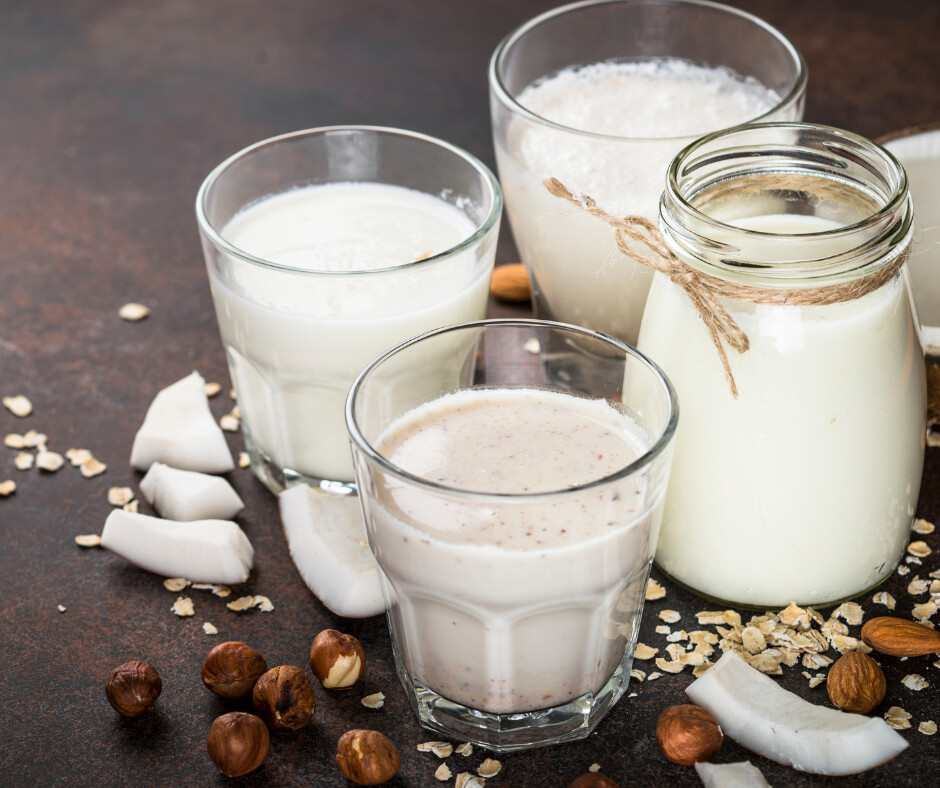
There are many reasons why you may want to use dairy alternatives for products like yogurt, milk, creamer, cheese, butter, and sauces. You may be allergic/sensitive to dairy or you may want more variety in your diet. The good news is there are a lot of good pre-made options and you can make your own at home. The bad news is that many of the store bought options contain thickeners, sweeteners, and other ingredients that are not healthy for you and may cause health problems. Here are some things to know about dairy alternatives.
Thickeners
The two most common thickeners are carrageenan and gums. Carrageenan is derived from red algae and is known to cause inflammation. The organization, Moms Across America, has found that carrageenan can be a big problem for children. It can affect both their behavior and their health. The most common gums are guar gum, xanthan gum, and gellan gum. Although not as problematic as carrageenan, they each have potential drawbacks. If you have any type of digestive issue, it is best to avoid them.
Natural Flavors
The problem with natural flavors is that the term is highly unregulated and could truly mean almost anything. The FDA has not defined it, so it allows food manufacturers to basically use it in anything. Natural flavors do have to come from a plant or animal source, but how it's processed is usually not known. They can also come from genetically modified sources, which is something you may choose to avoid.
Vegetable Oils
Many dairy alternatives contain industrially processed oils like soybean, canola, or sunflower oil. It is well known that these Omega-6 oils cause inflammation and that consuming too many of them can lead to unhealthy cholesterol levels. In addition, these oils are commonly extracted using toxic chemicals that can be left behind in the oil.
Sweeteners
Most dairy tastes naturally sweet from the natural sugars in contains. Manufacturers typically add some kind of sweetener to dairy alternatives to make them taste more like diary. Check the ingredient label to see where sugar is in the list of ingredients. It is is second or third on the label, you may be getting more calories and sugar than you realize.
Healthy Dairy Alternatives
There are some good organic healthy dairy alternatives in the stores and on-line. You just need to read the labels to make sure you're getting something truly healthy. Because so many people are realizing they're sensitive to dairy, there are more new products being introduced all the time. Camel milk is one of newer and more unusual conventional cow milk alternatives. This option would only work for those that aren't vegan/vegetarian. Using nuts is another way manufacturers are producing dairy alternatives. You can find cashew based sauces and dips.
Did this help you? If so, I'd greatly appreciate it if you commented and/or share it on social media.

Email: sharonledwards@hotmail.com
Facebook: https://www.facebook.com/sharonledwardsbiz/




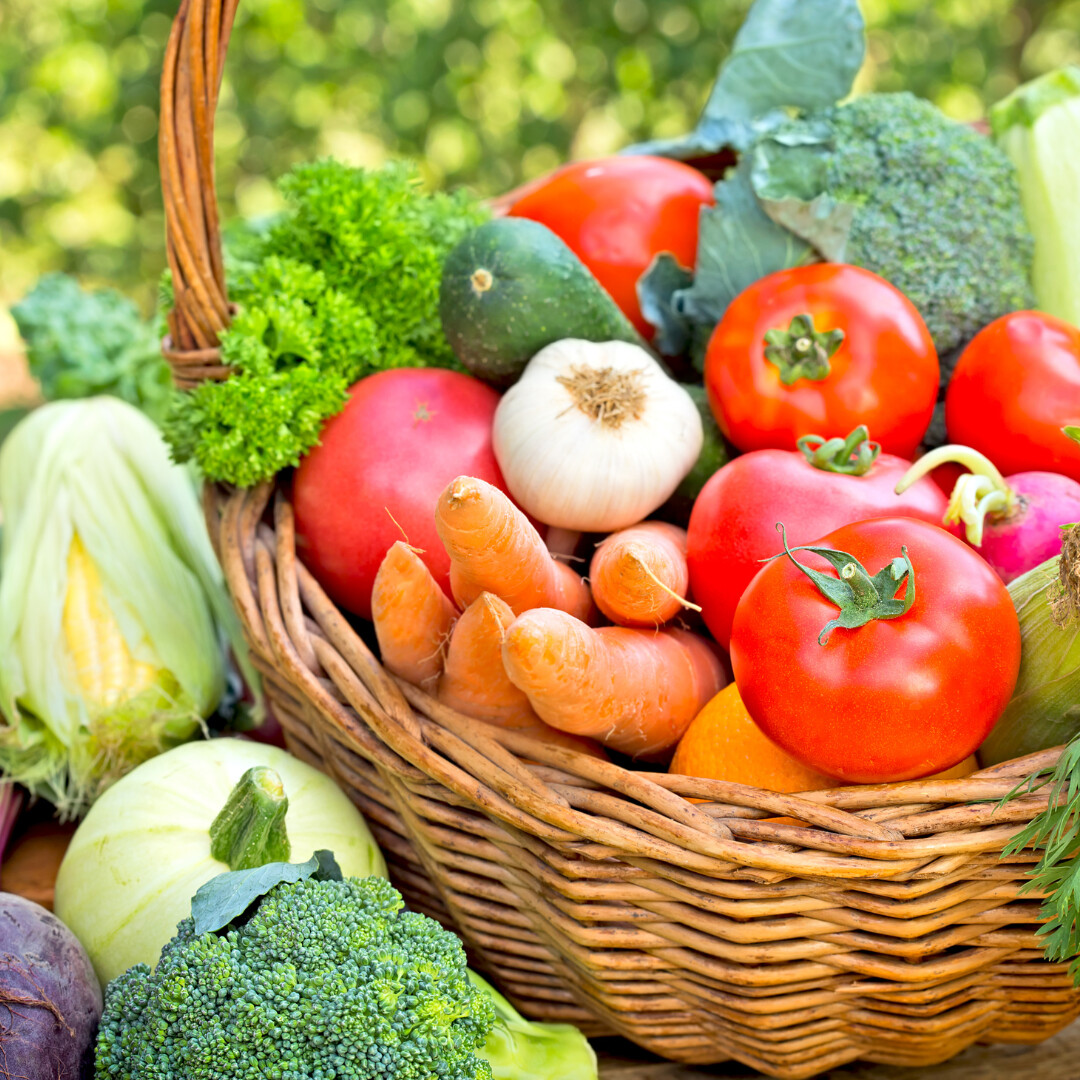

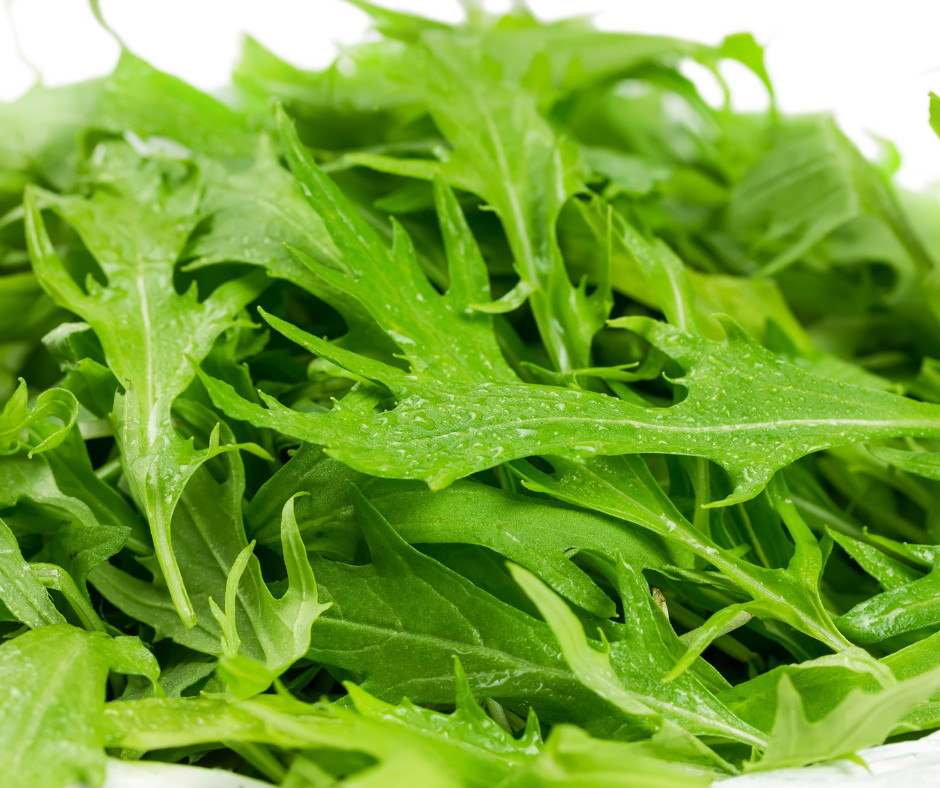

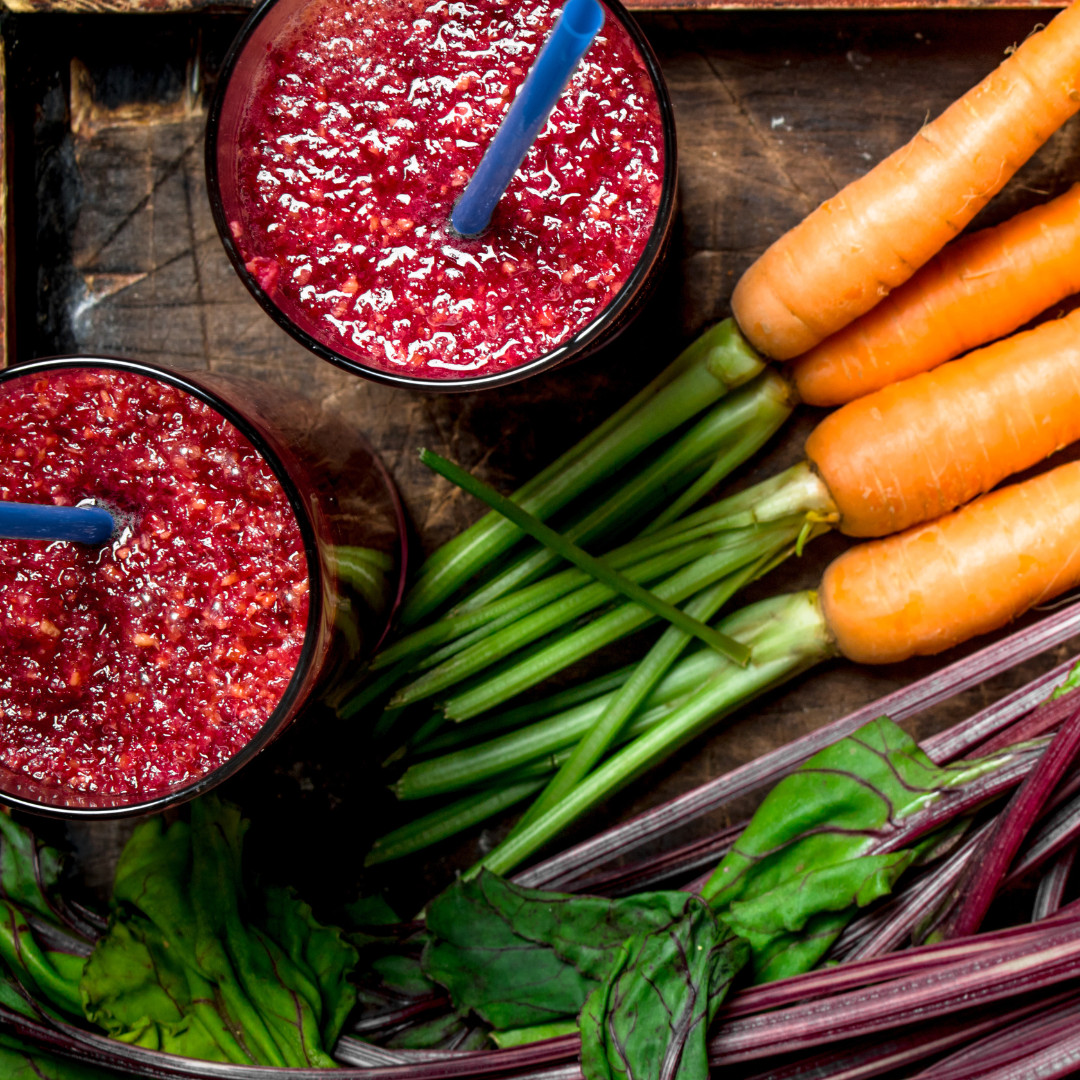
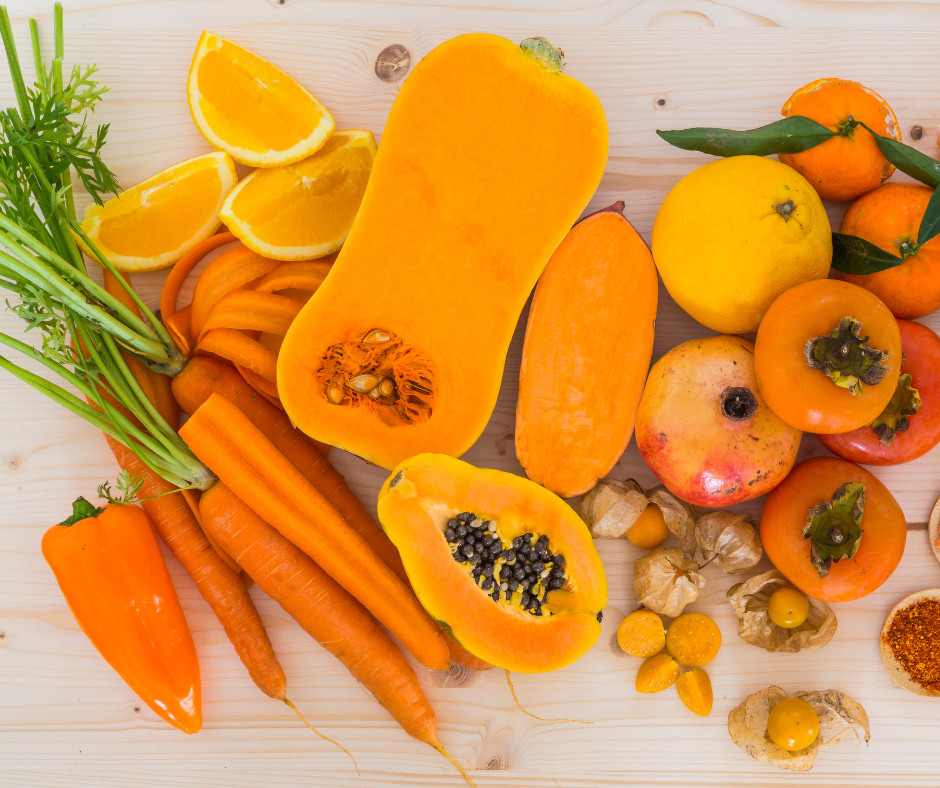
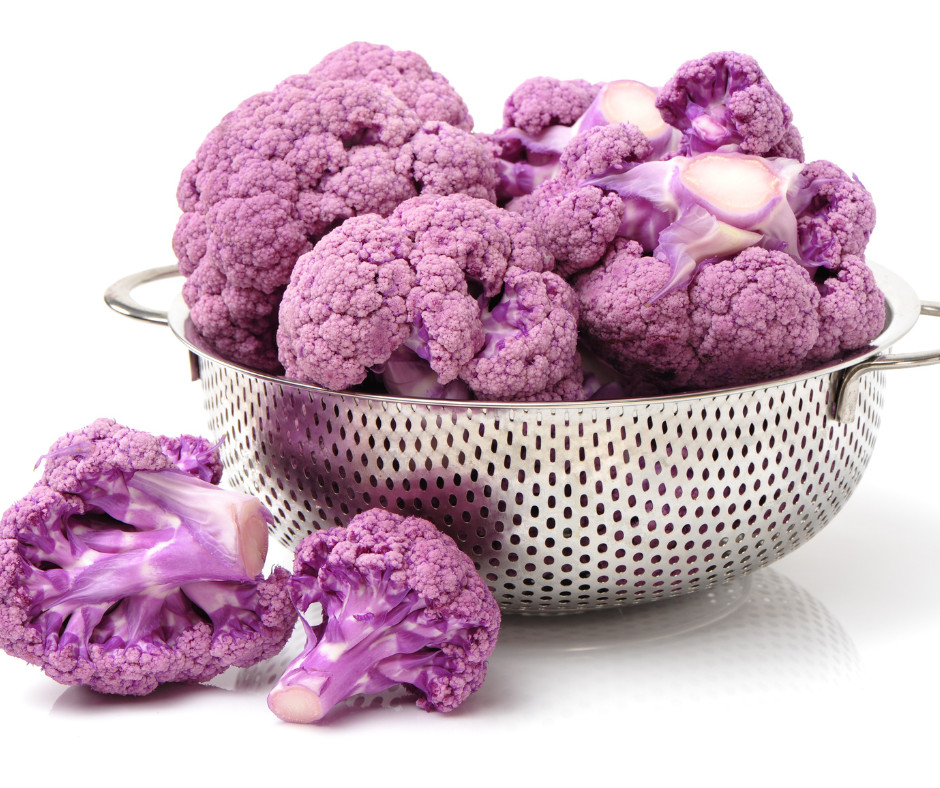
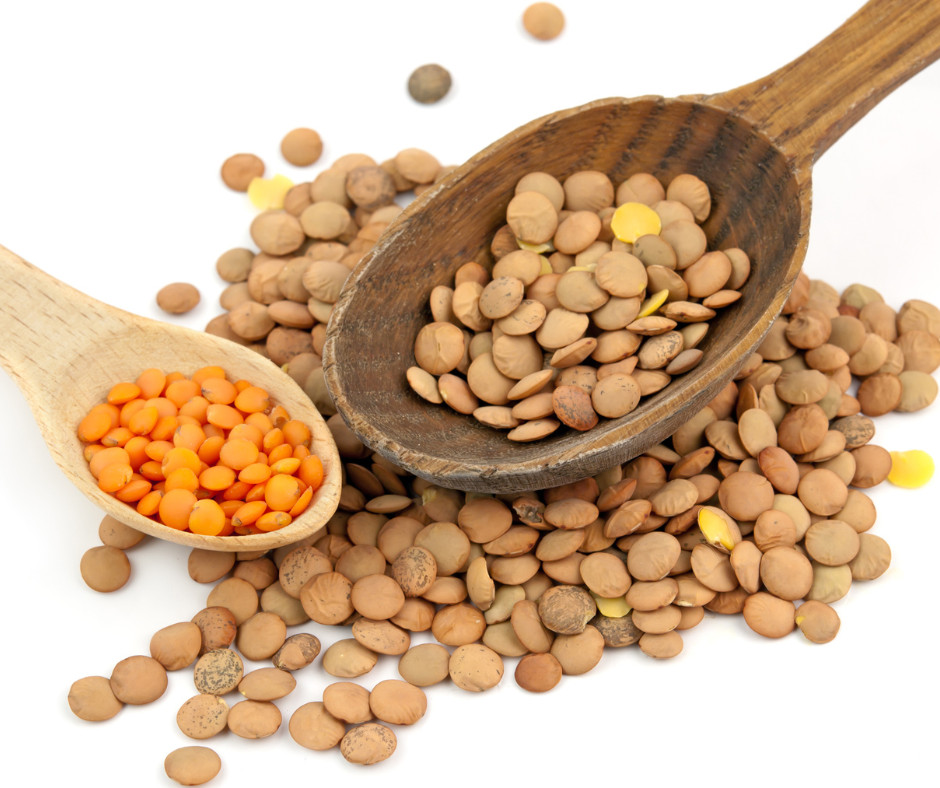
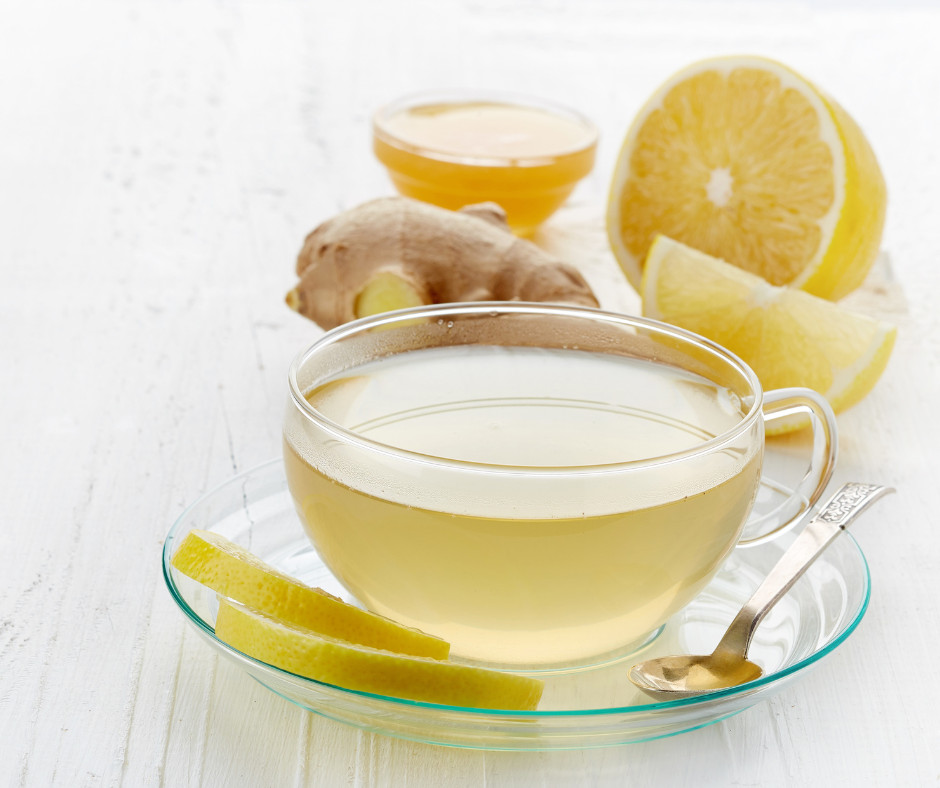





0 Comments